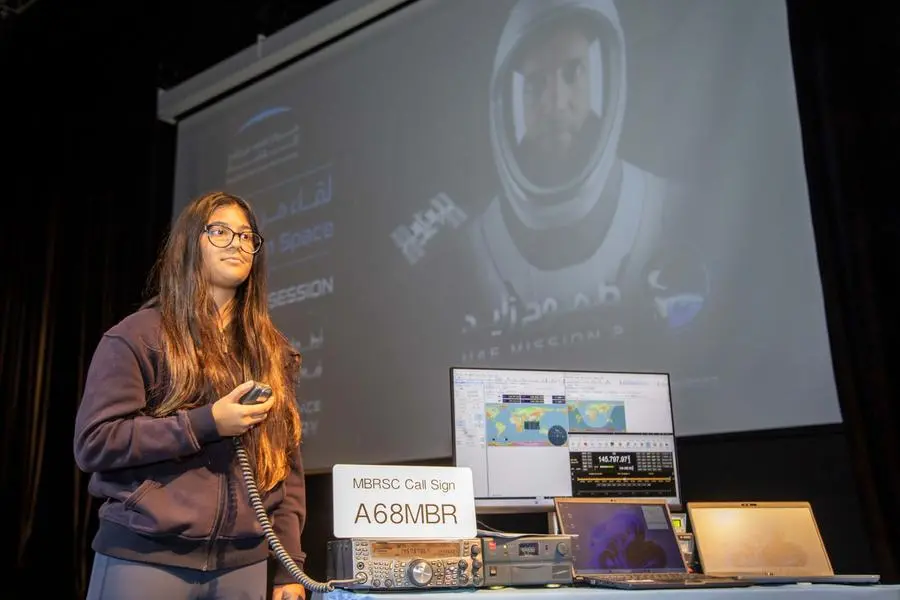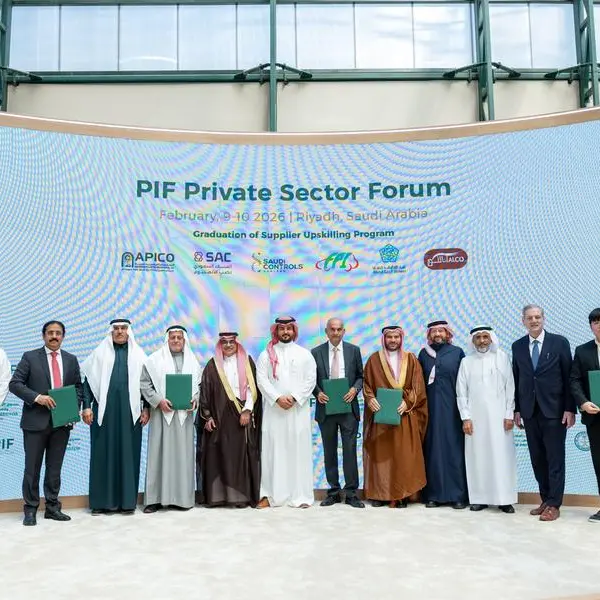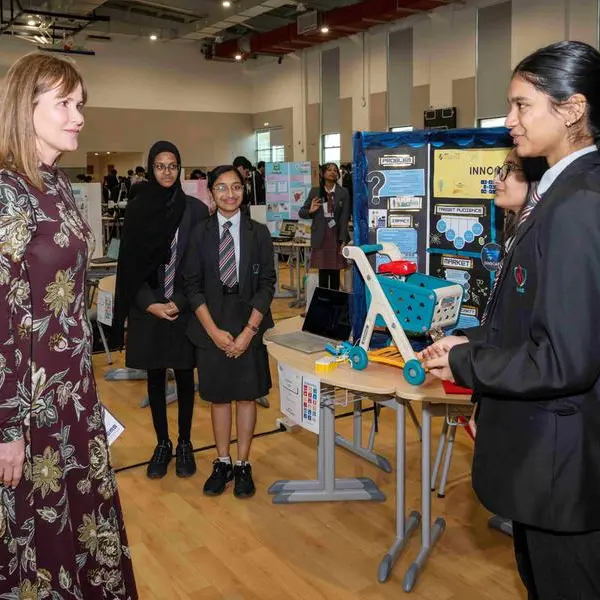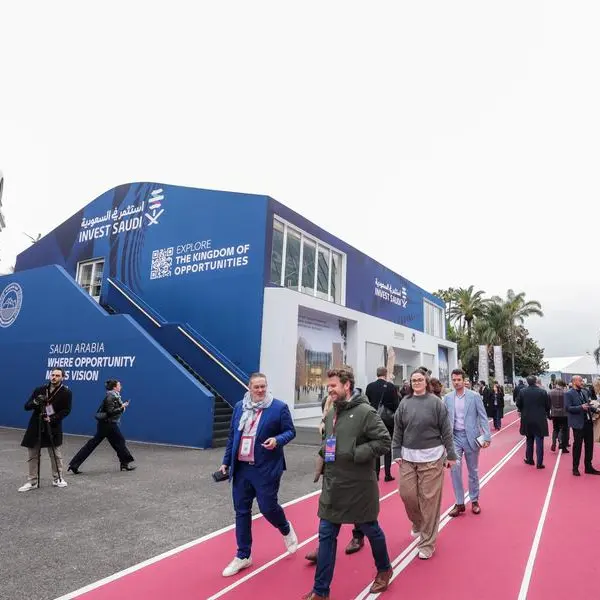PHOTO
- 150 students from various grades attended the session
- Attendees received information about MBRSC, their ongoing projects, and an introduction to space stations, as well as training on ham radio usage
Dubai – UAE: The Mohammed Bin Rashid Space Centre (MBRSC) successfully held the fifth ham radio session with astronaut Sultan AlNeyadi from the International Space Station (ISS) at the GEMS Wellington International School in Al Sufouh, Dubai on Thursday. The event, part of the 'A Call from Space' series, was conducted in association with the Emirates Amateur Radio Society (EARS) and Emirates Literature Foundation (ELF). Amateur or ham radio, which employs a wide range of frequencies for communication among individuals, groups, and even remote region and space, making it a valuable communication tool.
The ham radio event, which is the fifth in a series of 10, took place as the ISS passed over the region. The session, which attracted 150 students from various grades, is a segment of the ELF in Space initiative, a joint venture between the MBRSC and the Emirates Literature Foundation, aimed at making space more accessible to the general public.
Adnan AlRais, Mission Manager, UAE Astronaut Programme, MBRSC commented, “Engaging with Sultan AlNeyadi, live from the ISS, offers a unique experience to students that showcases the marvels of space. The students' eagerness during these sessions, as they discover more about the importance of space missions for the benefit of humankind, is both encouraging and rewarding. We are confident that these types of experiences can foster an increased interest in STEM fields for the youth of the nation, thus playing a significant role in nurturing the UAE’s expanding ambitions."
The session began with a brief overview of MBRSC and its projects, followed by a presentation on space stations that gave the attendees a comprehensive perspective on human activities in space. In addition, students were instructed on how to operate a ham radio, an essential communication tool in use since the 20th century.
After this, the students had the opportunity to engage in a live 10-minute ham radio session with astronaut Sultan AlNeyadi. They asked a variety of questions related to the mission and life on the ISS, such as the hardest part about living in space, the risks associated with going to space, the feeling of being in space, experiments being currently pursued, handling emergencies on the space station and about coping with being away from family and friends for so long, among others.
In response to a question relating to what advice he would give to kids who wanted to be astronauts, Sultan AlNeyadi said, “I always advise kids to pursue STEM education. This will open up a whole lot of opportunities in the future, be it in space, engineering or medicine.”
The UAE Astronaut Programme is one of the projects managed by MBRSC under the UAE’s National Space Programme and funded by the ICT Fund of the Telecommunications and Digital Government Regulatory Authority (TDRA), which aims to support research and development in the ICT sector in the UAE and promote the country’s integration on the global stage.
For Media Queries:
MBRSC Media Team - mbrsc@quillmena.com
ABOUT MOHAMMED BIN RASHID SPACE CENTRE (MBSRC):
MBRSC is an advanced scientific and technological hub, responsible for making the UAE a world leader in space services and exploration.
Established in 2006, the Mohammad Bin Rashid Space Centre (MBRSC) started out with five engineers, who took it upon themselves to develop their capabilities and expand their knowledge in the field of space, relying on strong will and solid determination. Since then, the centre has continued its journey to be the incubator of the “UAE National Space Programme”. The MBRSC has undertaken the tasks of building, developing, and operating a number of Earth observation satellites, providing imaging services, analysing and studying them, as well as producing relevant data to scientific communities and research centres around the world. Among the satellites that the centre operates are DubaiSat-1 & DubaiSat-2. The MBRSC is also responsible for KhalifaSat, celebrated as the first satellite that was fully built by Emiratis in 2018. Recently, the centre revealed its plan to develop the new satellite MBZ-SAT, which is expected to be launched at the end of 2023 and to be the latest in the field of high-resolution imaging from outer space.




















